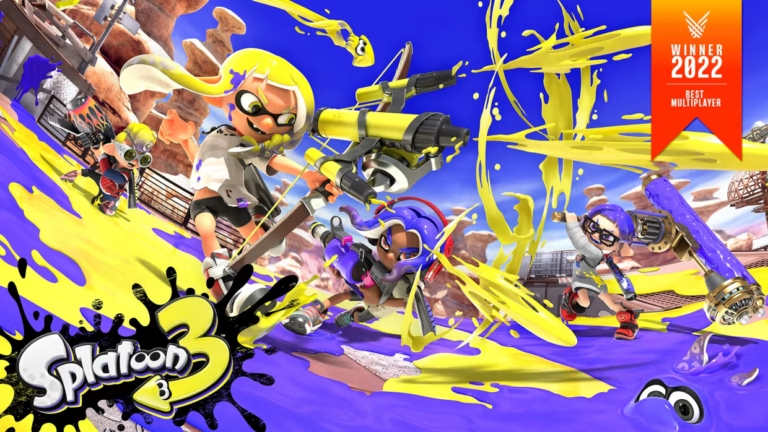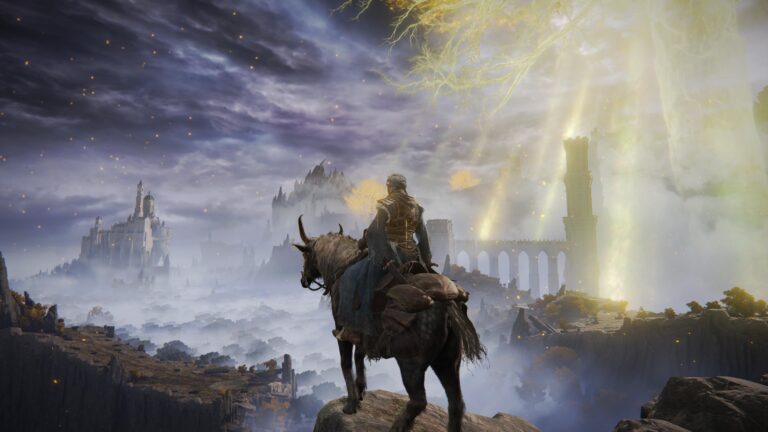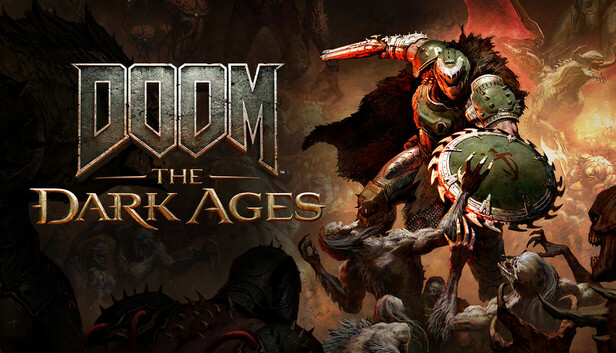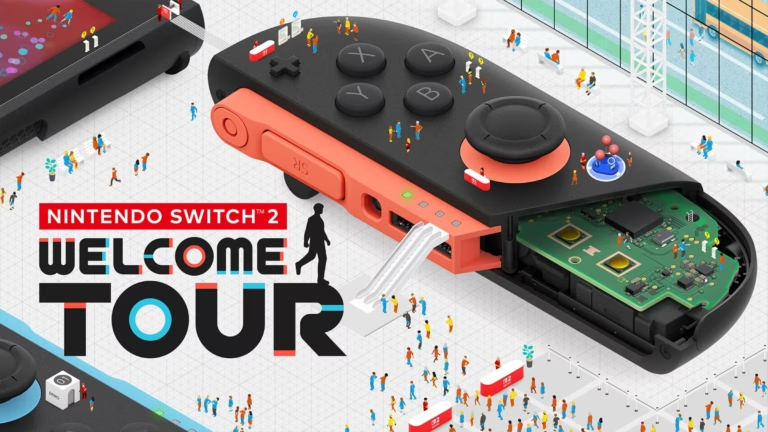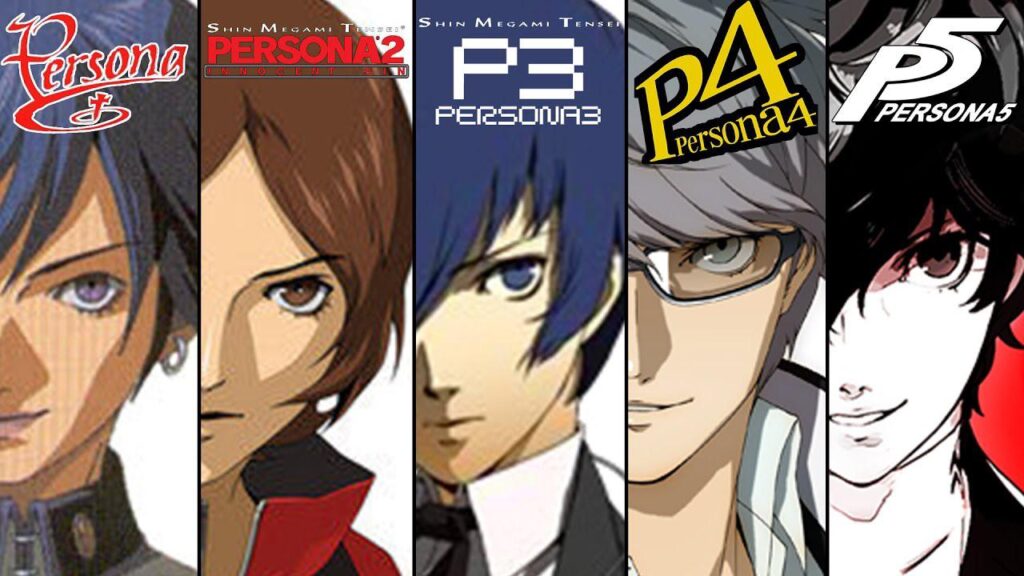The Persona series by Atlus has become one of the most iconic JRPG franchises of all time, combining deep storytelling, unforgettable characters, and innovative gameplay. Since its inception in 1996, the series has evolved dramatically, with each entry refining its mechanics and narrative structure. But which Persona game stands above the rest? Here, we rank all the mainline Persona games from worst to best, exploring what makes each entry unique—and where it falls short.
Revelations: Persona (1996)
Platform | PlayStation |
|---|---|
Publisher | Atlus |
Genre | JRPG |
Release Date | 09/20/1996 |
The game that started it all, Revelations: Persona, laid the groundwork for the series but lacks the polish and accessibility of its successors. Released on the PlayStation, it introduced the concept of summoning Personas and blending traditional dungeon-crawling with high school life. However, its clunky mechanics, inconsistent localization, and dated visuals hold it back.
Pros:
- Introduced the innovative concept of Personas.
- Set the tone for the series’ fusion of the supernatural and everyday life.
Cons:
- Confusing gameplay mechanics and a steep learning curve.
- Poor localization that altered character names and dialogue.
While it’s a nostalgic experience for die-hard fans, newer players may struggle to appreciate its charms compared to later entries.
Score:
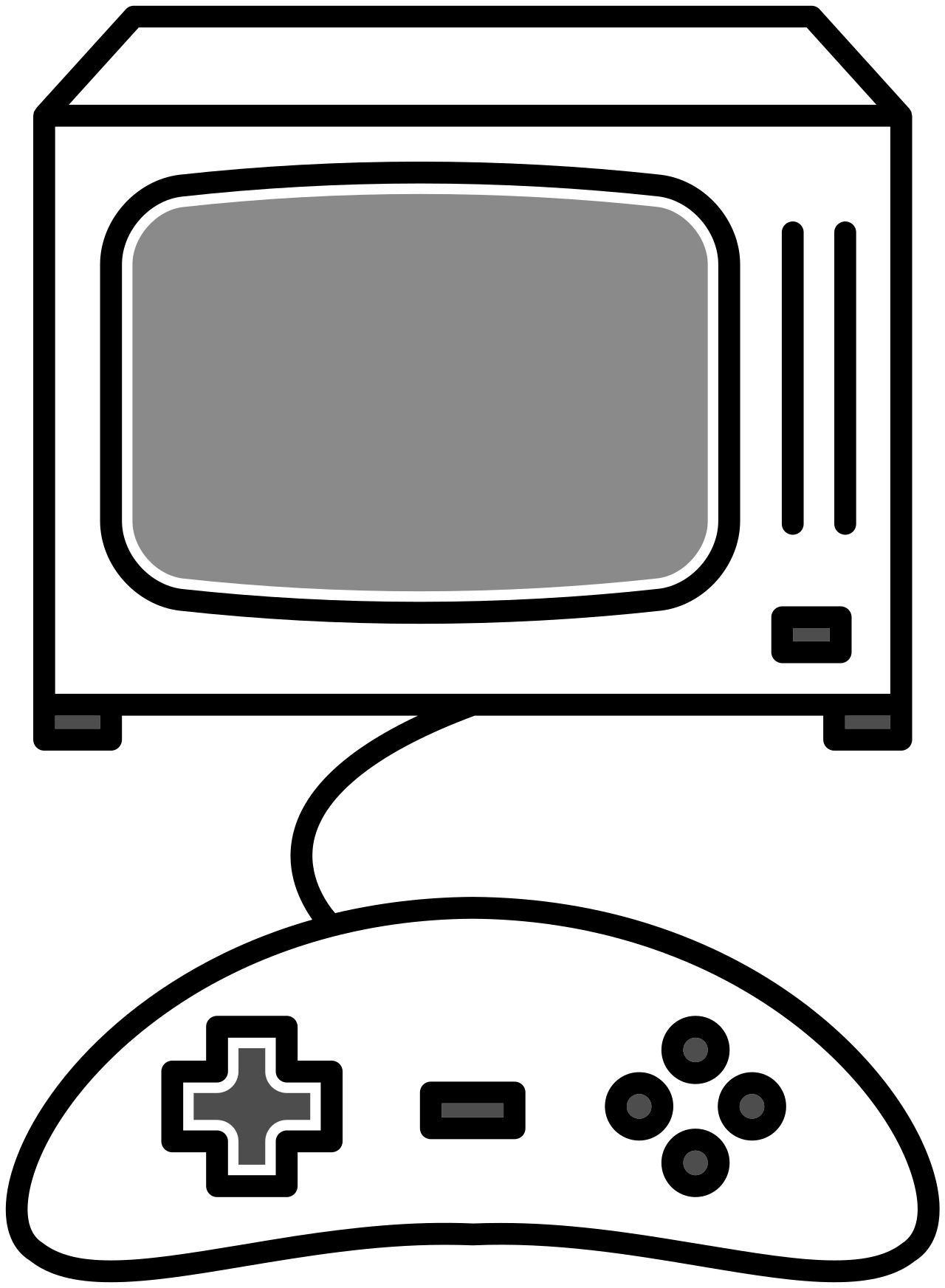




Persona 2: Eternal Punishment (2000)
Platform | PlayStation |
|---|---|
Publisher | Atlus |
Genre | JRPG |
Release Date | 06/29/2000 |
Persona 2: Eternal Punishment is the direct sequel to Innocent Sin and continues its dark, conspiracy-laden narrative. While it improved upon its predecessor in terms of combat and story resolution, it didn’t innovate enough to stand out, and its dated mechanics haven’t aged well.
Pros:
- Compelling characters and a mature story.
- Exploration of deep psychological themes.
Cons:
- Combat can feel slow and repetitive.
- Over-reliance on grinding for progression.
Despite its flaws, Eternal Punishment is worth playing for its gripping narrative, but it doesn’t reach the heights of later entries.
Score:





Persona 2: Innocent Sin (1999)
Platform | PlayStation, PSP |
|---|---|
Publisher | Atlus |
Genre | Turn-Based RPG |
Release Date | 06/24/1999 |
The first part of the Persona 2 duology, Innocent Sin, significantly improved on the original game with better storytelling, memorable characters, and a darker, more mature tone. However, its dated gameplay mechanics and limited appeal to modern audiences keep it lower on this list.
Pros:
- Complex and engaging narrative with well-written characters.
- Unique gameplay elements like the rumor system.
Cons:
- Outdated visuals and clunky controls.
- Slow pacing, especially during combat.
Innocent Sin stands out for its ambitious storytelling, but its gameplay struggles to hold up in today’s gaming landscape.
Score:





Persona 3 (2006)
Platform | PlayStation 2, PSP |
|---|---|
Publisher | Atlus |
Genre | Turn-Based RPG |
Release Date | 07/13/2006 |
Persona 3 was a revolutionary step forward for the series, introducing the social simulation mechanics and calendar system that would become franchise staples. Its story, which delves into mortality and the human psyche, is deeply emotional and resonant. However, repetitive dungeon design and certain quality-of-life issues hold it back.
Pros:
- Groundbreaking mechanics like Social Links and the calendar system.
- A haunting and unforgettable story about life and death.
- Stylish presentation and music.
Cons:
- Repetitive dungeon crawling in Tartarus.
- No direct control over party members in the original version.
Despite its flaws, Persona 3 is a landmark title that redefined the series and JRPGs as a whole.
Score:





Persona 5 Strikers (2020)
Platform | PlayStation 4, Nintendo Switch, PC |
|---|---|
Publisher | Atlus, Koei Tecmo |
Genre | Action RPG |
Release Date | 02/20/2020 |
Persona 5 Strikers serves as a sequel to Persona 5, blending the series’ trademark narrative style with action-RPG combat reminiscent of the Dynasty Warriors franchise. While it lacks the depth of a mainline entry, it delivers a thrilling and heartfelt continuation of the Phantom Thieves’ journey.
Pros:
- Engaging real-time combat with Persona mechanics.
- Strong character interactions and a compelling story.
Cons:
- Less depth in social simulation and exploration compared to mainline games.
- Combat can become repetitive over time.
Strikers may not be a traditional Persona game, but it offers a fresh and exciting take on the series’ formula.
Score:





Persona 4 (2008)
Platform | PlayStation 2, PlayStation Vita, PC |
|---|---|
Publisher | Atlus |
Genre | Turn-Based RPG |
Release Date | 07/10/2008 |
Persona 4 built upon the foundation of Persona 3, refining its mechanics and delivering a lighter, more character-focused story. Set in the rural town of Inaba, the game’s murder-mystery plot and endearing cast of characters make it a fan favorite.
Pros:
- Incredibly likable cast with strong character development.
- Improved dungeon design and combat mechanics.
- Blend of humor and heartfelt moments.
Cons:
- Dungeons can still feel repetitive compared to modern standards.
- Some story elements lack the emotional weight of Persona 3 or Persona 5.
Persona 4 shines for its warmth and charm, solidifying its place as one of the best entries in the series.
Score:





Persona 5 (2016)
Platform | PlayStation 3, PlayStation 4, PC, Nintendo Switch, Xbox One |
|---|---|
Publisher | Atlus |
Genre | Turn-Based RPG |
Release Date | 04/04/2017 |
Persona 5 took the series to new heights with its slick presentation, refined mechanics, and a gripping story of rebellion. The Phantom Thieves’ mission to change corrupt hearts captivated players worldwide, making this entry one of the most critically acclaimed JRPGs of all time.
Pros:
- Stunning visuals and unparalleled style.
- Highly polished gameplay with seamless integration of combat and life simulation.
- A story with powerful themes of justice and freedom.
Cons:
- Some pacing issues, particularly in the later sections.
- Overly long runtime may feel daunting to newcomers.
With its bold storytelling and flawless execution, Persona 5 is a modern masterpiece that redefined the series yet again.
Score:





Persona 5 Royal (2019)
Platform | PlayStation 4, PlayStation 5, PC, Nintendo Switch, Xbox Series X|S, Xbox One |
|---|---|
Publisher | Atlus |
Genre | JRPG |
Release Date | 03/31/2020 |
Persona 5 Royal is the definitive version of Persona 5, enhancing the original game with new characters, expanded storylines, and additional gameplay features. The addition of the third semester and the character Kasumi Yoshizawa elevates the narrative to new heights, offering fans an even richer experience.
Pros:
- Expanded content that enhances the original’s story and gameplay.
- New characters and arcs that deepen the emotional resonance.
- Quality-of-life improvements that make the game even more accessible.
Cons:
- Still retains some pacing issues in the final acts.
Persona 5 Royal isn’t just the best Persona game—it’s one of the greatest RPGs of all time, combining style, substance, and heart into a truly unforgettable experience.
Score:





The Persona series has consistently pushed the boundaries of what JRPGs can achieve, and each game has left its mark on the genre. From the foundational concepts of Revelations: Persona to the masterpiece that is Persona 5 Royal, the series continues to evolve while staying true to its roots. Whether you’re a newcomer or a longtime


